Gen Z'ers turn away from smartphones to improve their mental health
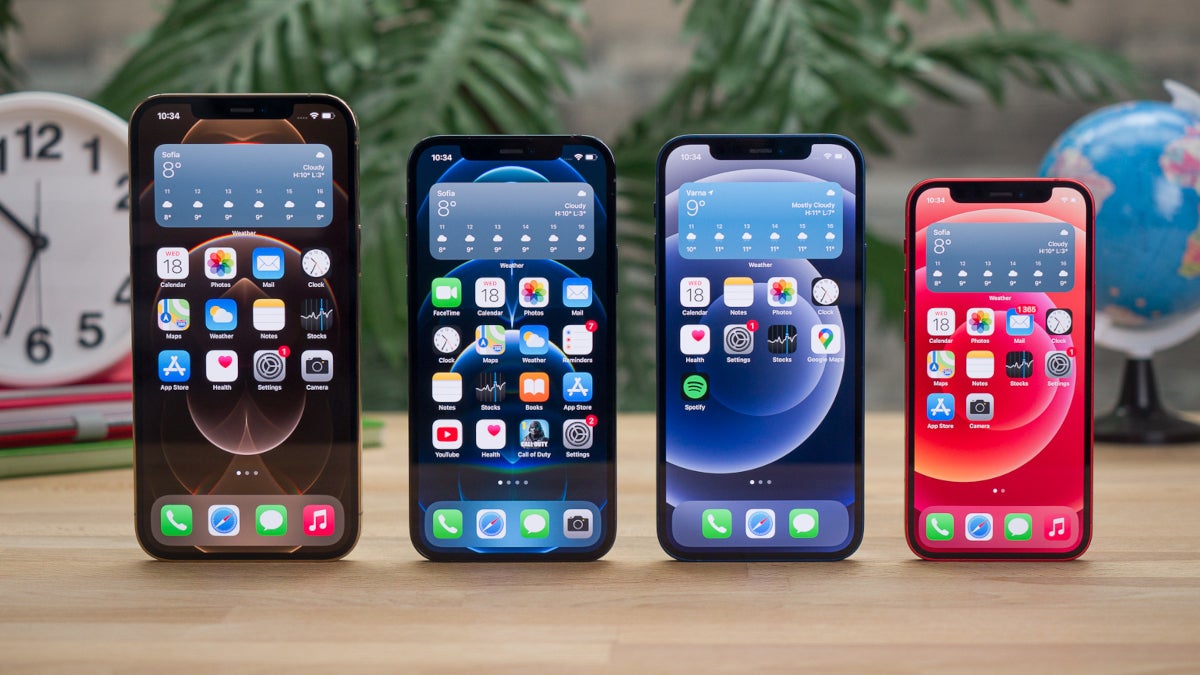
A new story in Huck reveals that many Gen Z'ers are beginning to loosen the grip on their smartphones. Those who have recently damaged their connected handsets beyond repair are not in such a rush to replace them with a pricey new device. For example, a 22-year old named Eden had broken his smartphone last year and said, "I had been getting fed up with how much time I’d been wasting on it so when it broke, I didn’t get a new phone for about a month."
New trend among Gen Z'ers replaces their smartphones in exchange for the benefits of mental health
Eden continued saying, "In this time, I noticed a massive improvement in my mood and freedom to think." While this indicated that the young adult was happier being mostly off the grid, he did need to be able to connect to people on the go. As a result, he decided to purchase a feature phone, the Nokia 130.
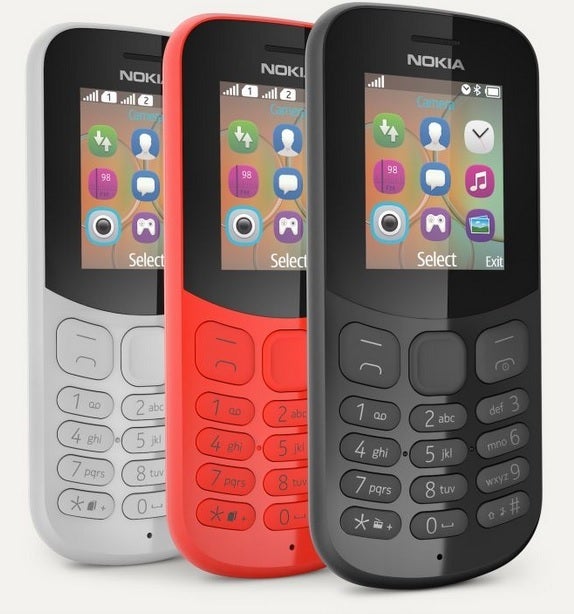
Eden replaced his broken smartphone with a Nokia 130 feature phone
He feels as though he has made the right decision stating that, "Initially, it was to stop wasting time on social media, but after my phone broke I realized that it was affecting my mental state a lot more than I was aware of. I save a lot of money too. My phone cost £12 ($17.01) on eBay and I’m on pay-as-you-go for 1p a minute and 1p a text. I actually enjoy the moments now where I have nothing to do and just think, rather than worry about everything going on online."
Gen Z'ers have an average weekly screen time of 29 hours and 29 minutes and 48% of them admit to feeling "sad, anxious and depressed" when using social media. Some ended up watching the planet overwhelmed by multiple crisis through their social media apps, a practice known as "doomscrolling." It should be no surprise why many Gen Z'ers are refusing to replace their broken smartphones.
The story of 23 year old Jade is an interesting one. The latter had thought about switching for years and one night she was reading old mangas from the 2000s and the characters were all using flip phones so she decided to switch. She started using a spare Nokia but ended up buying a Motorola Razr V3. "I had my iPhone XR hanging around, but used it only if absolutely necessary," she said. “I’ve since sold the iPhone, so technically I am now 100 per cent smartphone free."
Jade says that it can be scary being out in the world without being helped by instant connectivity. But he says that people do get used to it eventually. "And besides, you never know if you’ll like it unless you try it."
Another example of someone in a similar position is 23-year Mateo. Like several Gen Z'ers, he mostly uses a feature phone while keeping a smartphone around for certain things such as "WhatsApp and maybe to flick through the news." With lockdowns beginning to be lifted in some countries, many are now reevaluating the relationships they have with their phones.
One former smartphone user now feels "a million times better"
Mateo says that by mostly using a feature phone instead of a smartphone, he notices that he is no longer as distracted as he once was and as he notes, "Now, when I’m waiting for something or walking, I’ve got so much time to think. It’s helped me be more comfortable with my own thoughts, and I didn’t realize that that’s actually something you’ve got to train yourself to do."
Dr. Daria Kuss, associate professor at Nottingham Trent University, is an expert on the psychological effects of internet and technology use. She says that using feature phones will engage users for only limited amounts of time leaving users more available to do things with family and friends such as engaging in additional recreational activities.
For Eden, Jade and Mateo, having a useful app like Google Maps 24/7 is not worth missing out on the mental health benefits of not using a smartphone. Eden, for one, says that he feels "a million times better" having given up his smartphone.
Follow us on Google News



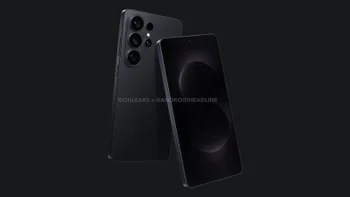

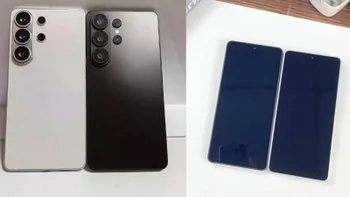

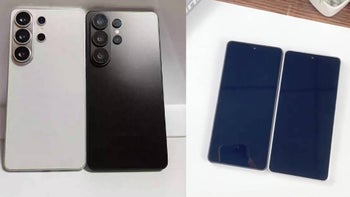






Things that are NOT allowed:
To help keep our community safe and free from spam, we apply temporary limits to newly created accounts: